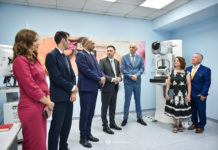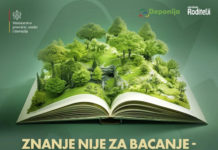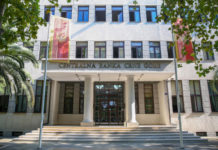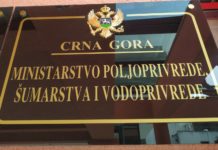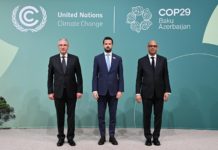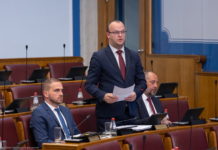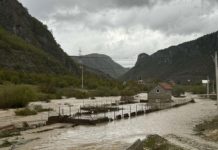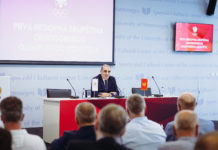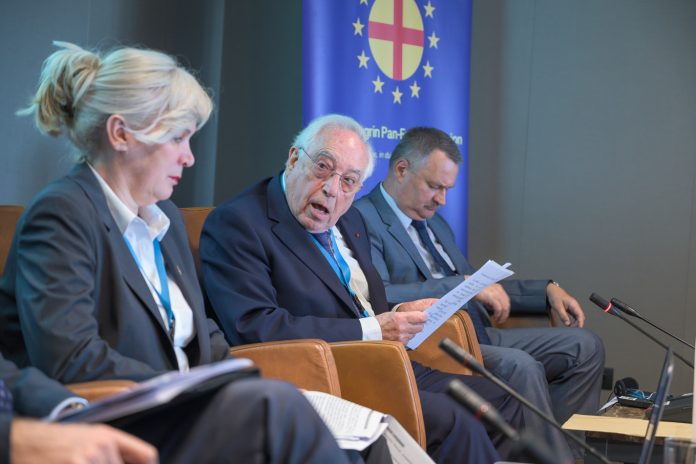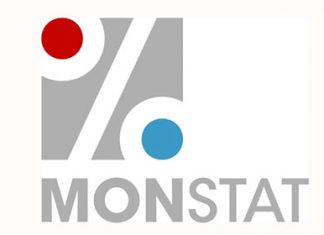Podgorica, (MINA) – The EU must be consolidated in order to grow bigger and stronger, and integration of the Western Balkans’ countries will strengthen the continent’s stability, it was stated at the opening of the conference “For Europe: Lessons Learned of Communicating the European Integration Process into the Region”.
The conference was organize by the Montenegrin Pan-European Union within the Jean Monnet project Communicating Europe in Pan-European Societies 2017-2019.
Montenegrin Chief Negotiator Aleksandar Drljevic said that through the EU’s history, the enlargement policy was recognized as one of key mechanisms for establishing peace, prosperity and resistance to conflicts, and voiced hope its doors are still wide open for new member states.
According to him, regardless of the challenges such as growing Euro-skepticism and nationalistic powers, Brexit, the migrant crisis and other turmoil within the EU, it remains a powerful economic and political global force that cherishes fundamental values.
Drljevic said Montenegro’s EU membership is the country’s only and main foreign policy goal, on which all social stakeholders are working diligently.
Integration of the countries of the region, according to him, is the best strategy that strengthens stability of the European continent.
President of the International Pan-European Union Alain Terrenoire recalled that 16 years ago a summit of European heads of states and governments took place in Thessaloniki, which gave green light to integration of the Western Balkans into the EU, pointing out that only Slovenia, Romania, Bulgaria and Croatia succeeded in joining the EU, which, according to him, is not much in 16 years.
He claims that, along with technical and legal issues, there are political motives that made the process of joining the EU increasingly demanding and prolonged, which, according to him, made people of the WB question the EU’s intentions.
Terrenoire said that he is aware that internal difficulties in every of candidate countries needed a lot of time to resolve, as well as that in some countries foreign influence has been spotted, which are competitive or even hostile towards the EU.
Head of EU Delegation to Montenegro Aivo Orav said that communicating the EU integration process in the Western Balkans is a challenging task, given the complexity of the integration process and disinformation which increasingly obstructs its communication efforts.
He said that the EU’s communication strategies should explain what EU integration will bring to each individual by using simple words, local language and storytelling whenever possible.
“Independent and professional media are a pre-requisite for a fair and well-informed public debate, which reduces space for biased information and narratives that are negatively shaping people’s perceptions about the Union. In this respect, independence of public broadcasters and the freedom of media in general are of utmost importance for the EU”, Orav outlined.
Romanian Ambassador to Montenegro Ferdinand Nagy, speaking about communicating the EU process before his country’s accession, said that support to that process declined once Romania was nearing the EU and the citizens were better informed.
He emphasized that the media are important for that communication and advised the Delegation and the Montenegrin government to invest in training at least one journalist from every main media for communicating information regarding the EU.
CPEU president Gordana Djurovic said that in all three conferences organized by now within the project, the emphasize has been on the necessity of communication for better Europe, not only aspiring countries and member states.
“Only with open dialogue about the problems and challenges can we move forward and achieve our European goals”, said Djurovic.
Another important message, according to her, is affirmation of higher engagement of the EU in the region.
Djurovic said that the EU tried to communicate in the reports for the countries of the region that its doors are open and that enlargement policy is investment in peace, security, prosperity and stability of Europe and the Western Balkans.
She recalled the messages that can often be heard in the region, that quality is more important than speed, and stressed that time is the problem after all.
She believes that the biggest challenge for Montenegro, as well as Serbia, is to receive final benchmarks for the rule of law, adding that it would be a milestone which would indicate the near end of the accession process.Longer version of article is available on a link MINA ENGLISH SERVIS

